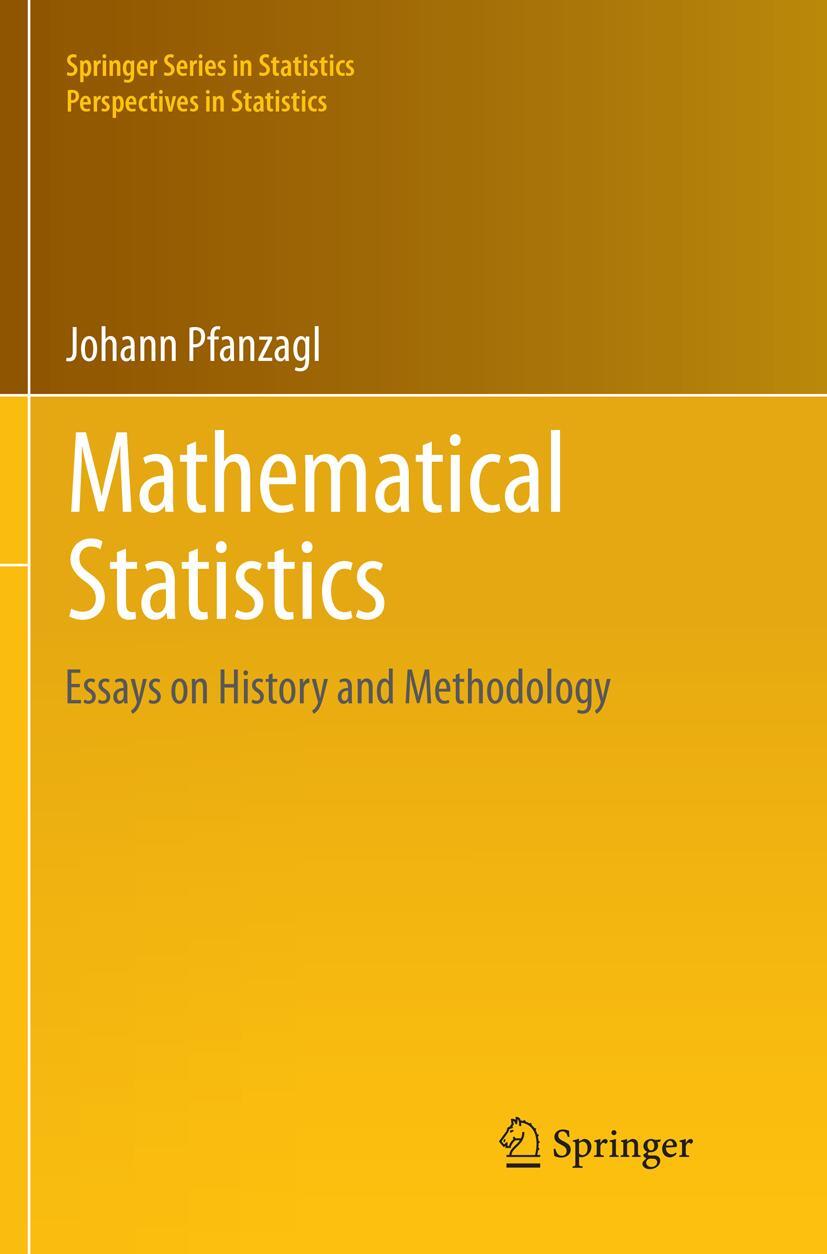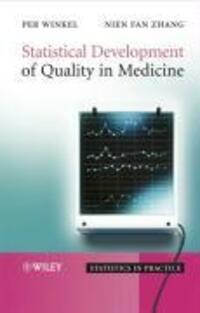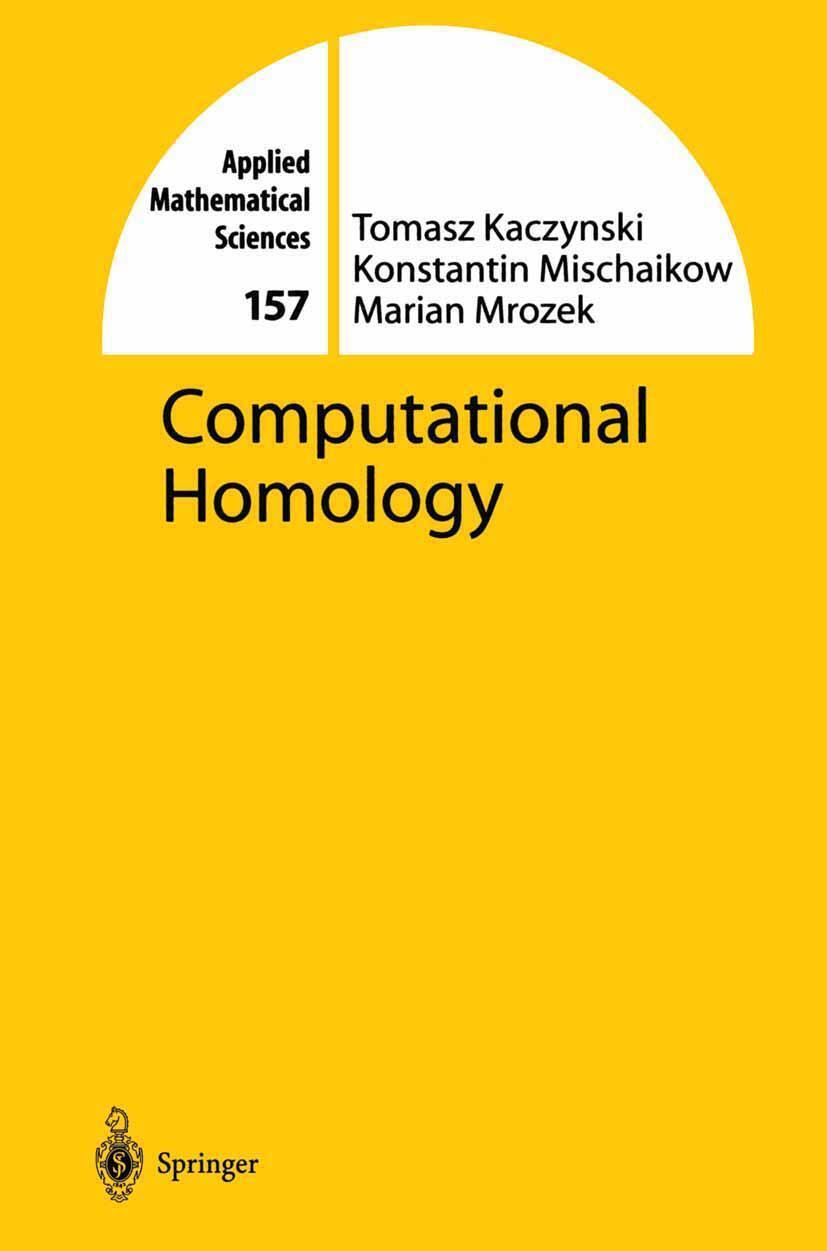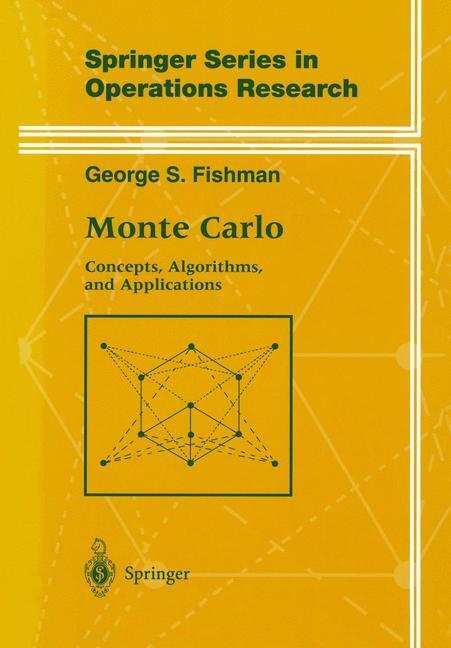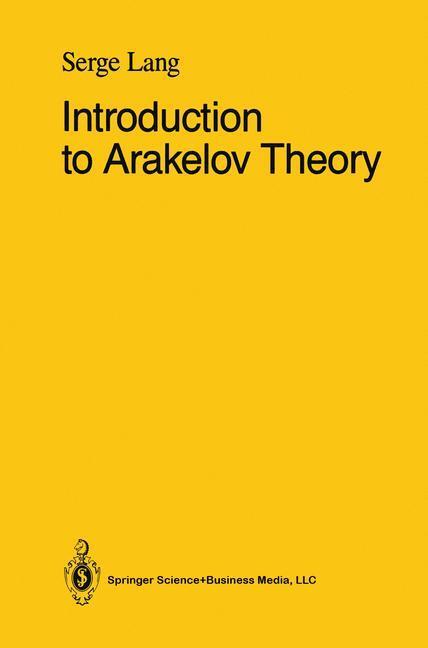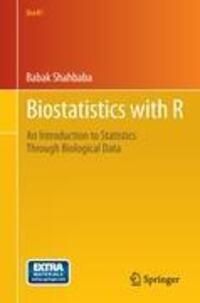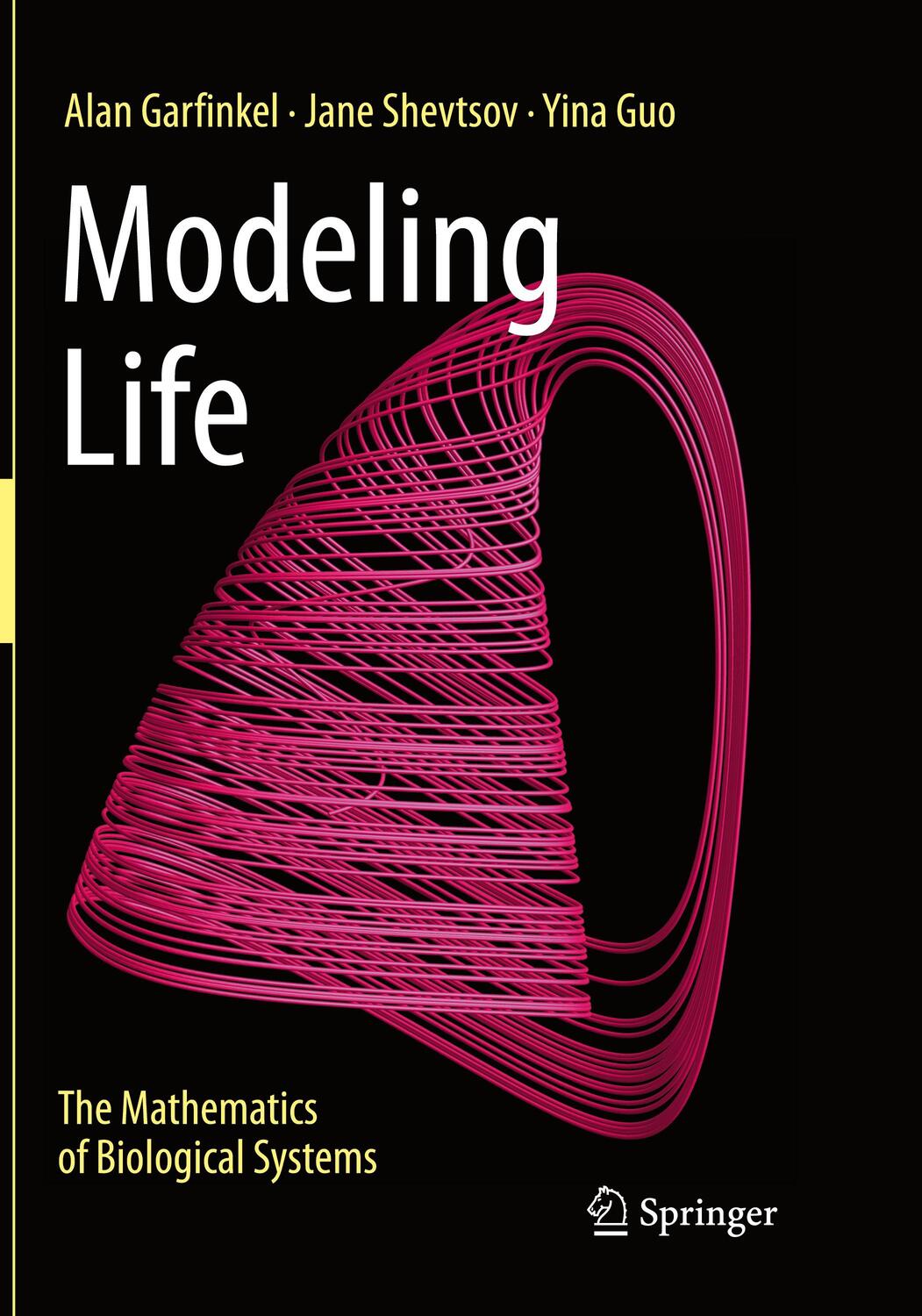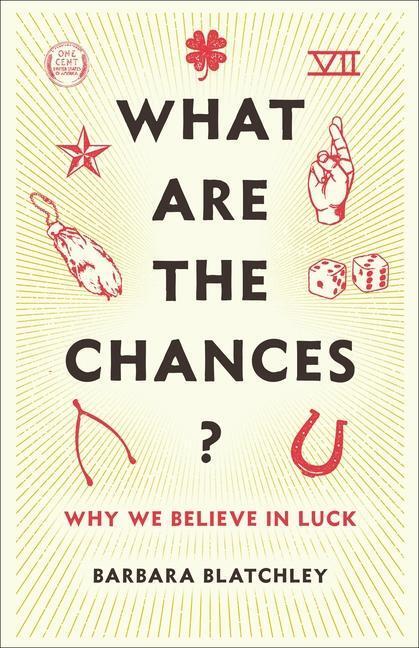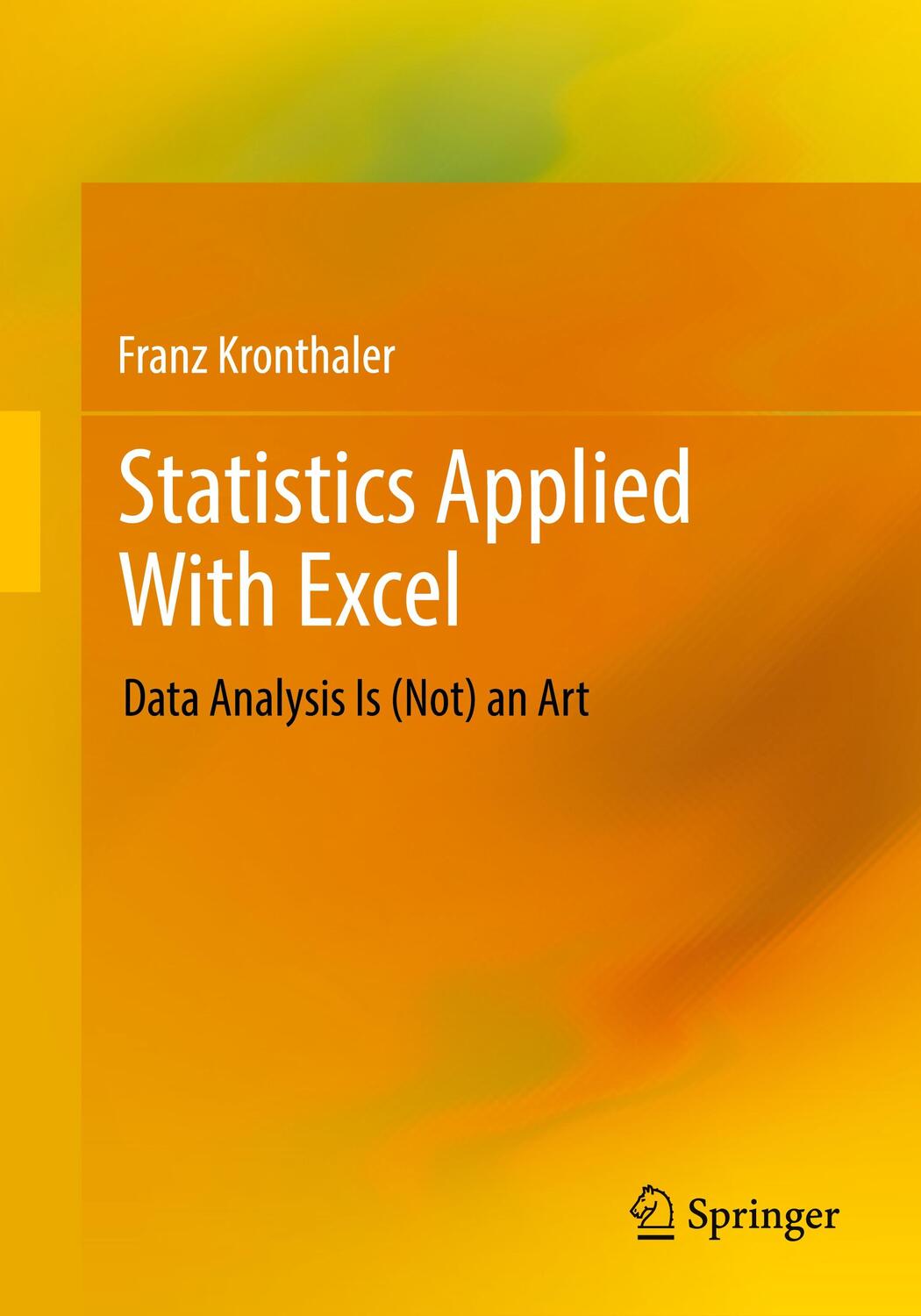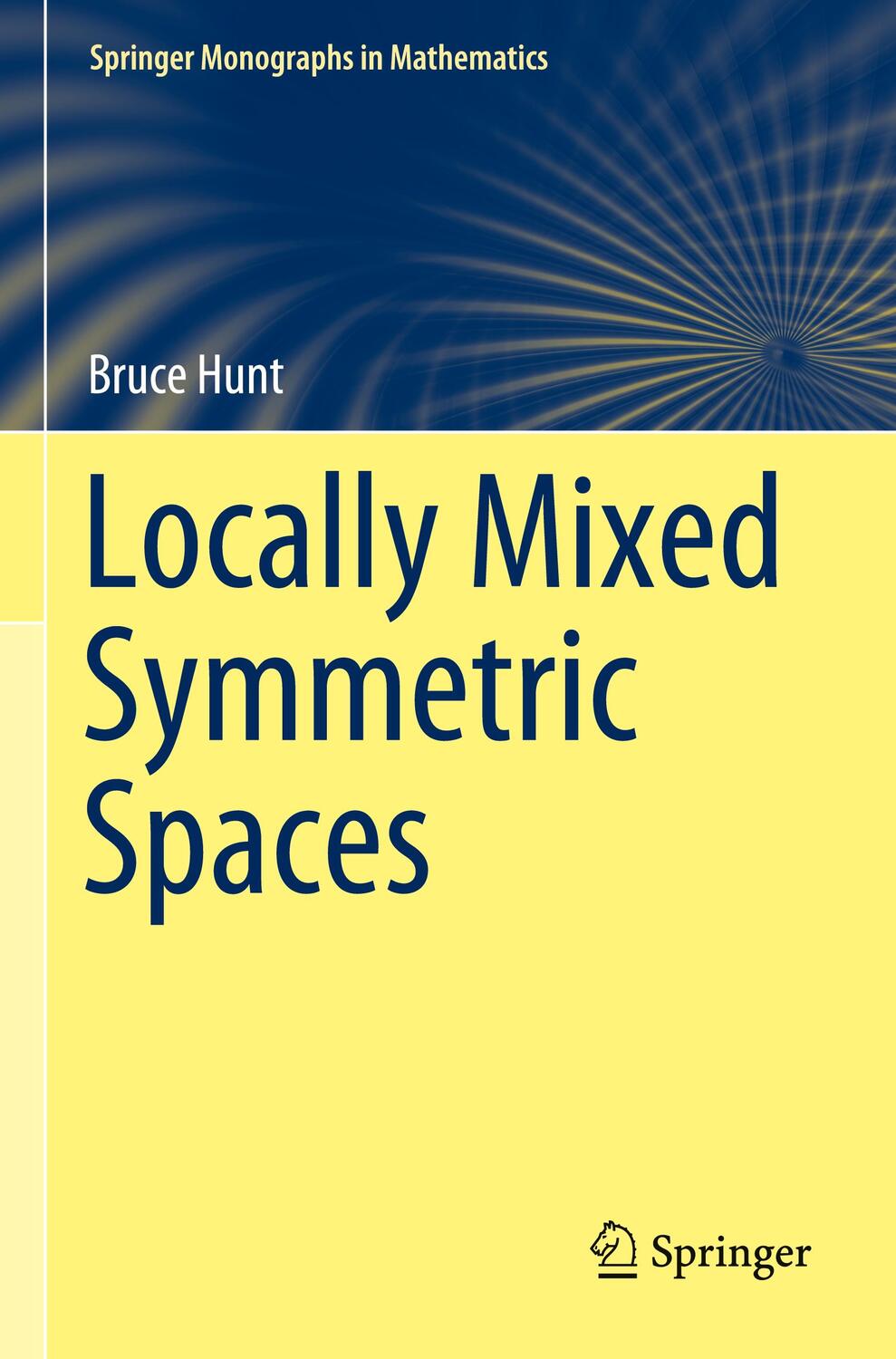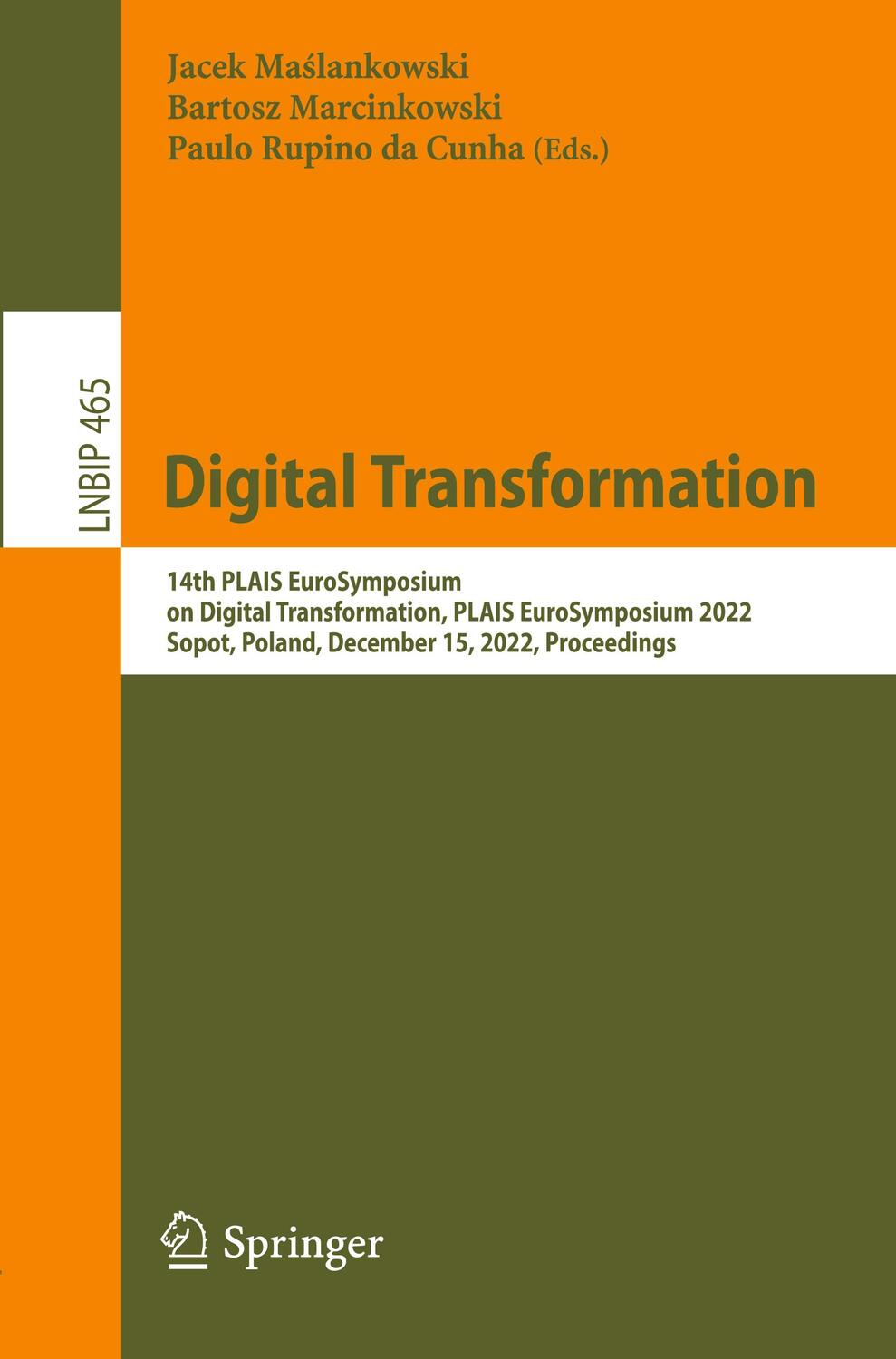160,49 €*
Versandkostenfrei per Post / DHL
Aktuell nicht verfügbar
Presents a detailed description of the development of statistical theory beginning in ca. 1950
Discusses the interplay between the growing role of refined mathematical techniques and the corresponding development of methodological concepts
Offers an intriguing resource for researchers in theoretical statistics
| Erscheinungsjahr: | 2018 |
|---|---|
| Fachbereich: | Wahrscheinlichkeitstheorie |
| Genre: | Mathematik |
| Rubrik: | Naturwissenschaften & Technik |
| Medium: | Taschenbuch |
| Seiten: | 328 |
| Reihe: | Perspectives in Statistics |
| Inhalt: |
x
316 S. |
| ISBN-13: | 9783662568569 |
| ISBN-10: | 366256856X |
| Sprache: | Englisch |
| Ausstattung / Beilage: | Paperback |
| Einband: | Kartoniert / Broschiert |
| Autor: | Pfanzagl, Johann |
| Auflage: | Softcover reprint of the original 1st ed. 2017 |
| Hersteller: |
Springer-Verlag GmbH
Springer Berlin Heidelberg Perspectives in Statistics |
| Maße: | 235 x 155 x 18 mm |
| Von/Mit: | Johann Pfanzagl |
| Erscheinungsdatum: | 23.05.2018 |
| Gewicht: | 0,499 kg |
Presents a detailed description of the development of statistical theory beginning in ca. 1950
Discusses the interplay between the growing role of refined mathematical techniques and the corresponding development of methodological concepts
Offers an intriguing resource for researchers in theoretical statistics
| Erscheinungsjahr: | 2018 |
|---|---|
| Fachbereich: | Wahrscheinlichkeitstheorie |
| Genre: | Mathematik |
| Rubrik: | Naturwissenschaften & Technik |
| Medium: | Taschenbuch |
| Seiten: | 328 |
| Reihe: | Perspectives in Statistics |
| Inhalt: |
x
316 S. |
| ISBN-13: | 9783662568569 |
| ISBN-10: | 366256856X |
| Sprache: | Englisch |
| Ausstattung / Beilage: | Paperback |
| Einband: | Kartoniert / Broschiert |
| Autor: | Pfanzagl, Johann |
| Auflage: | Softcover reprint of the original 1st ed. 2017 |
| Hersteller: |
Springer-Verlag GmbH
Springer Berlin Heidelberg Perspectives in Statistics |
| Maße: | 235 x 155 x 18 mm |
| Von/Mit: | Johann Pfanzagl |
| Erscheinungsdatum: | 23.05.2018 |
| Gewicht: | 0,499 kg |

